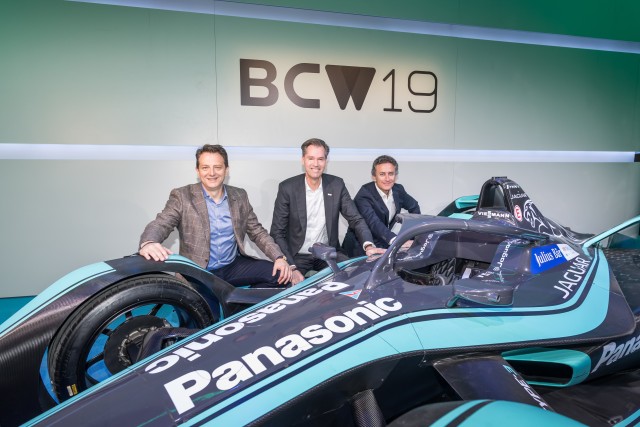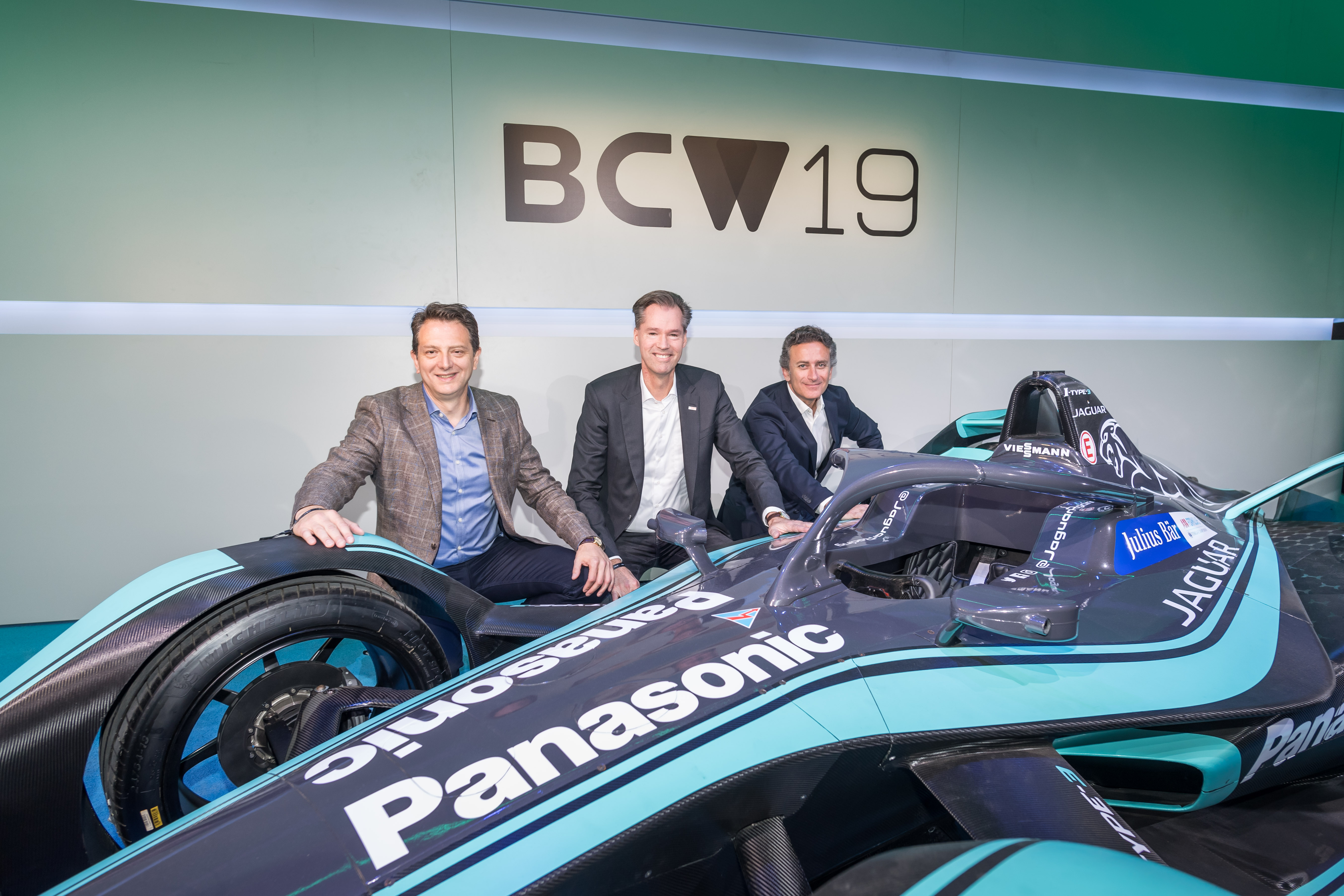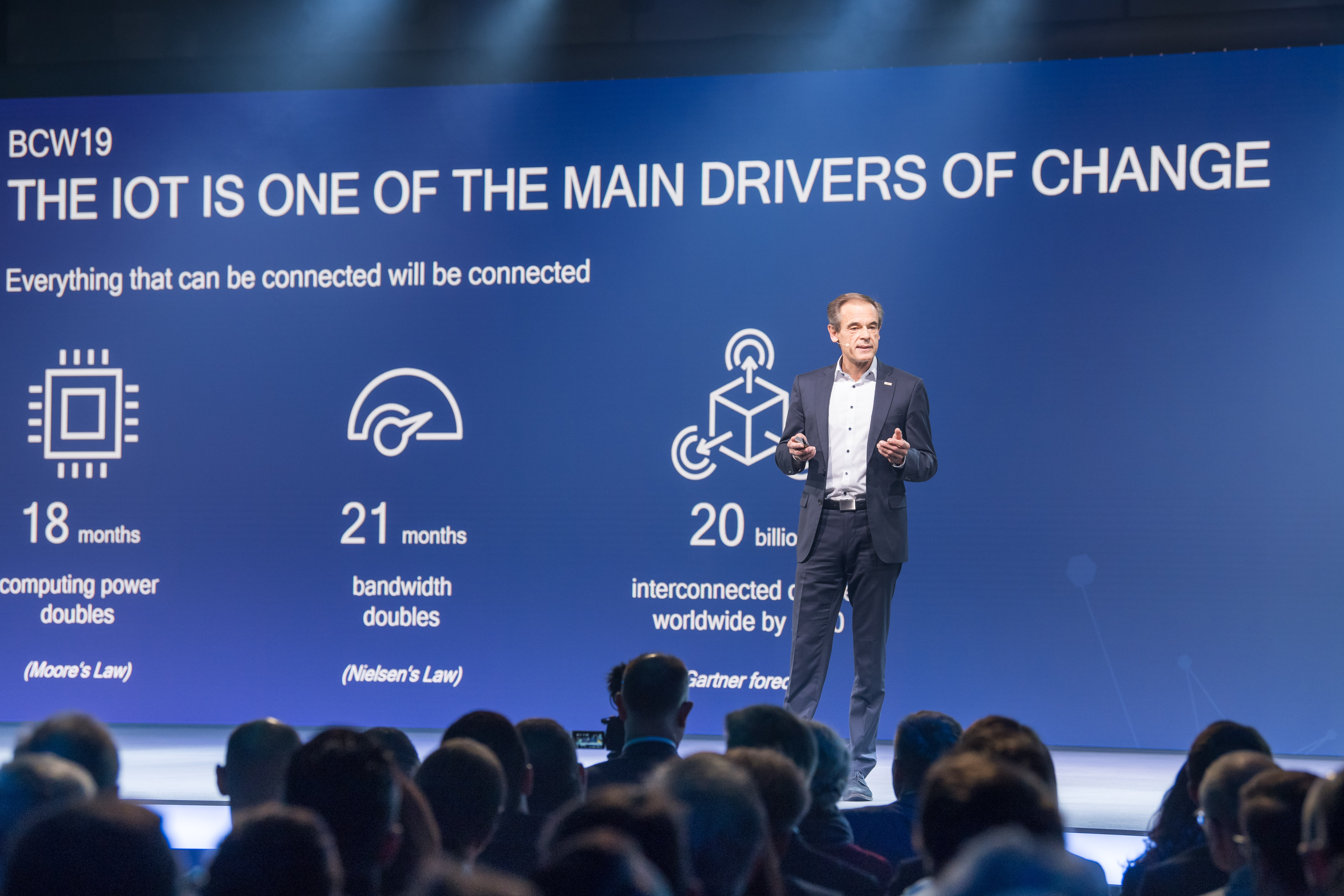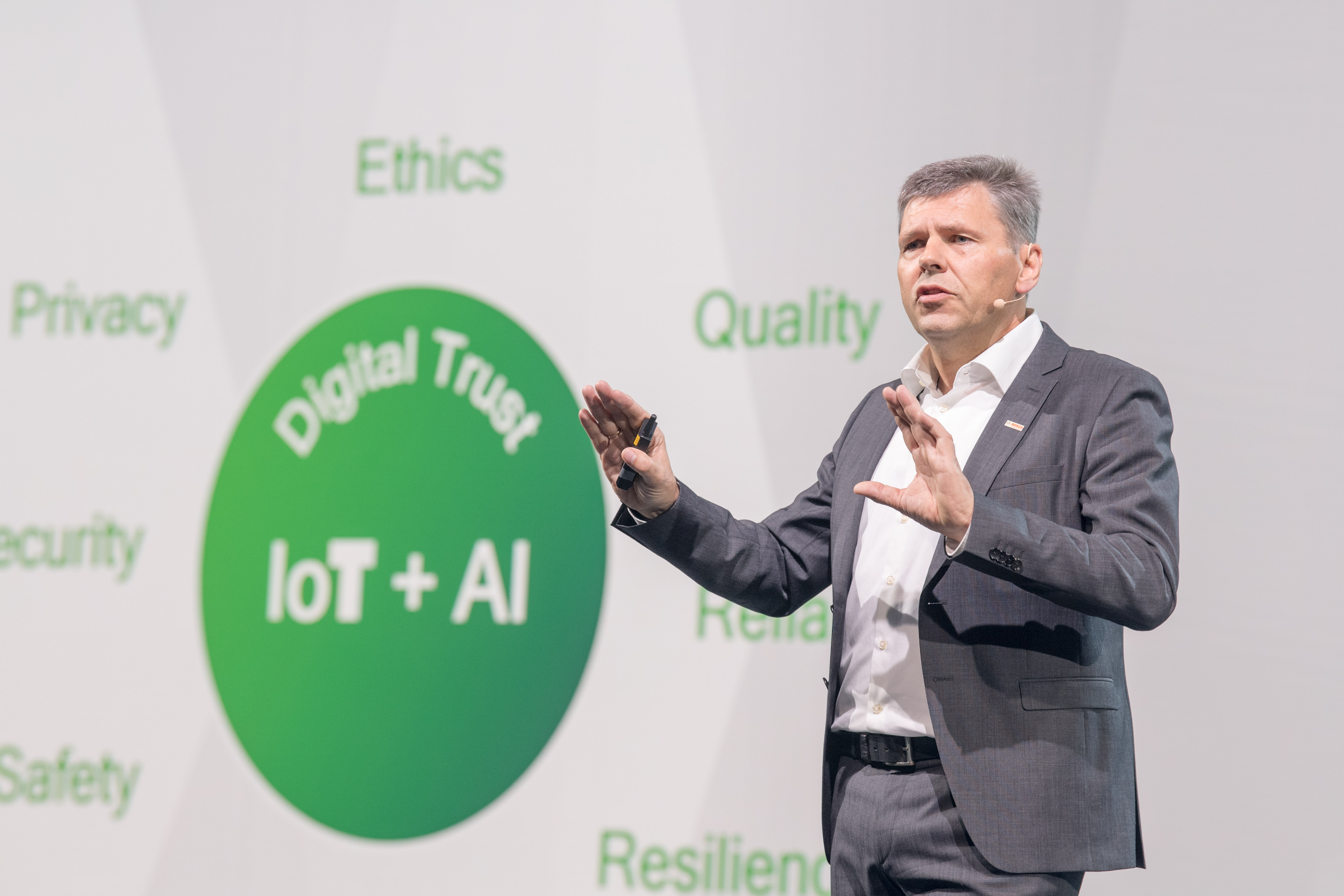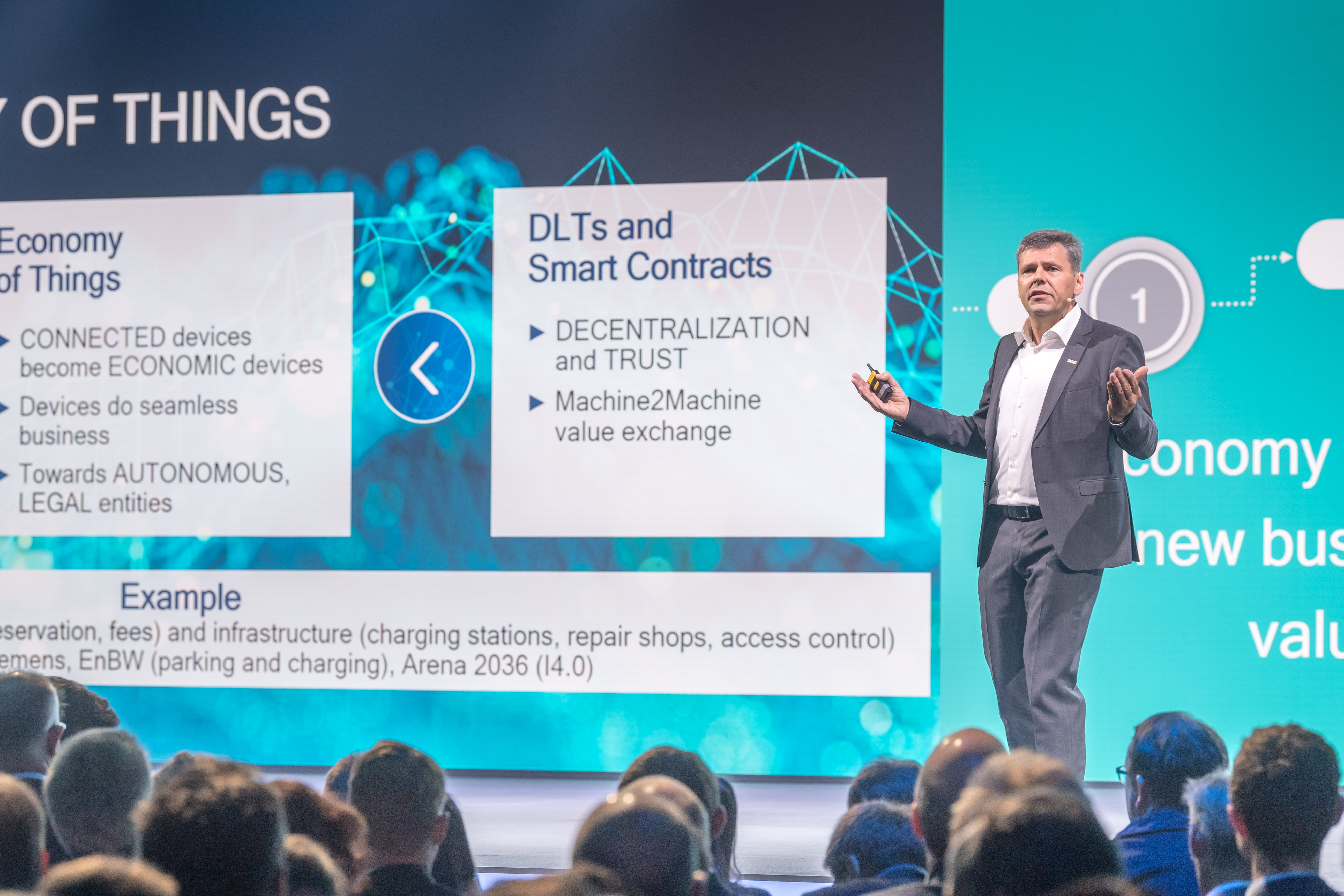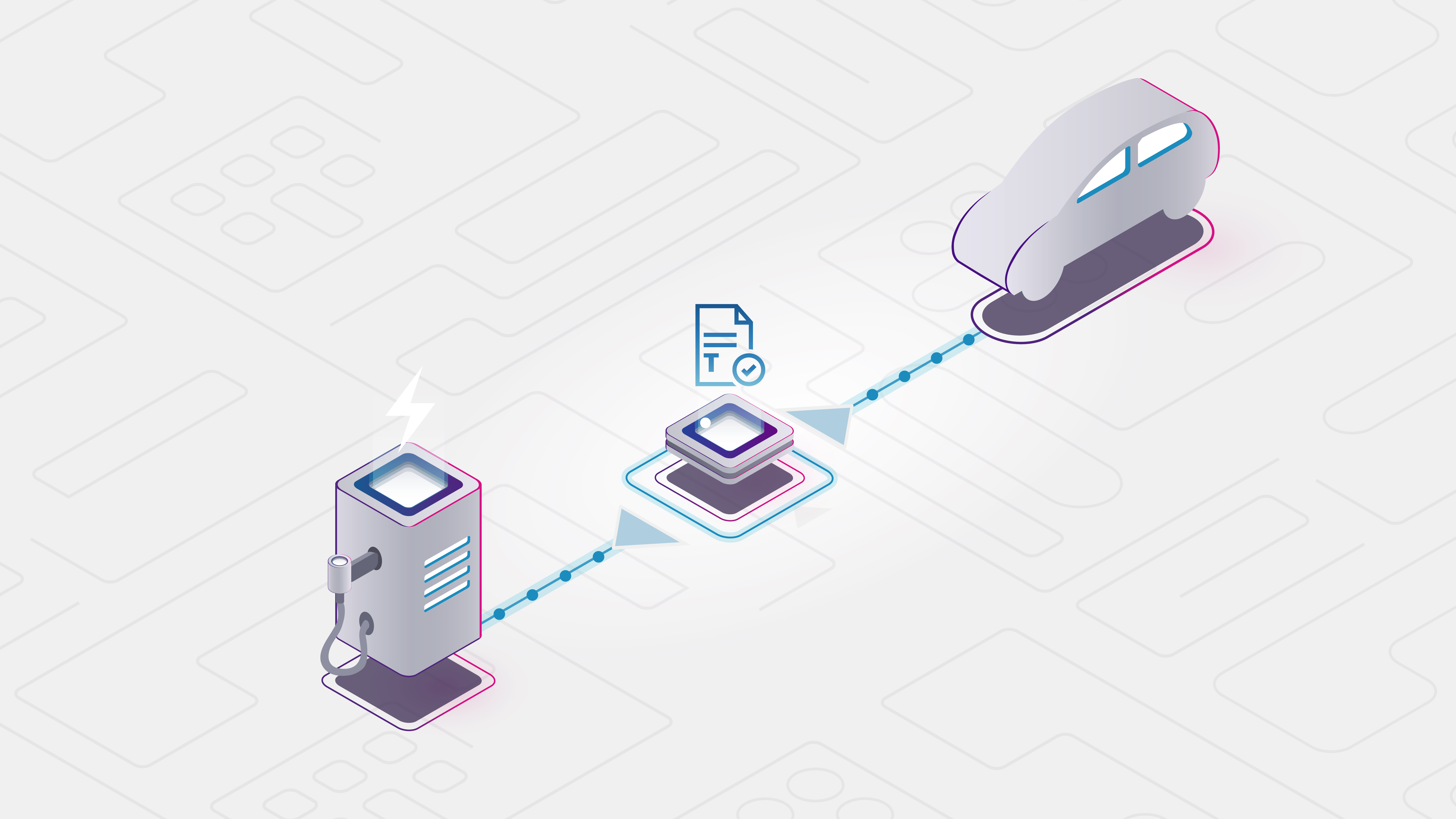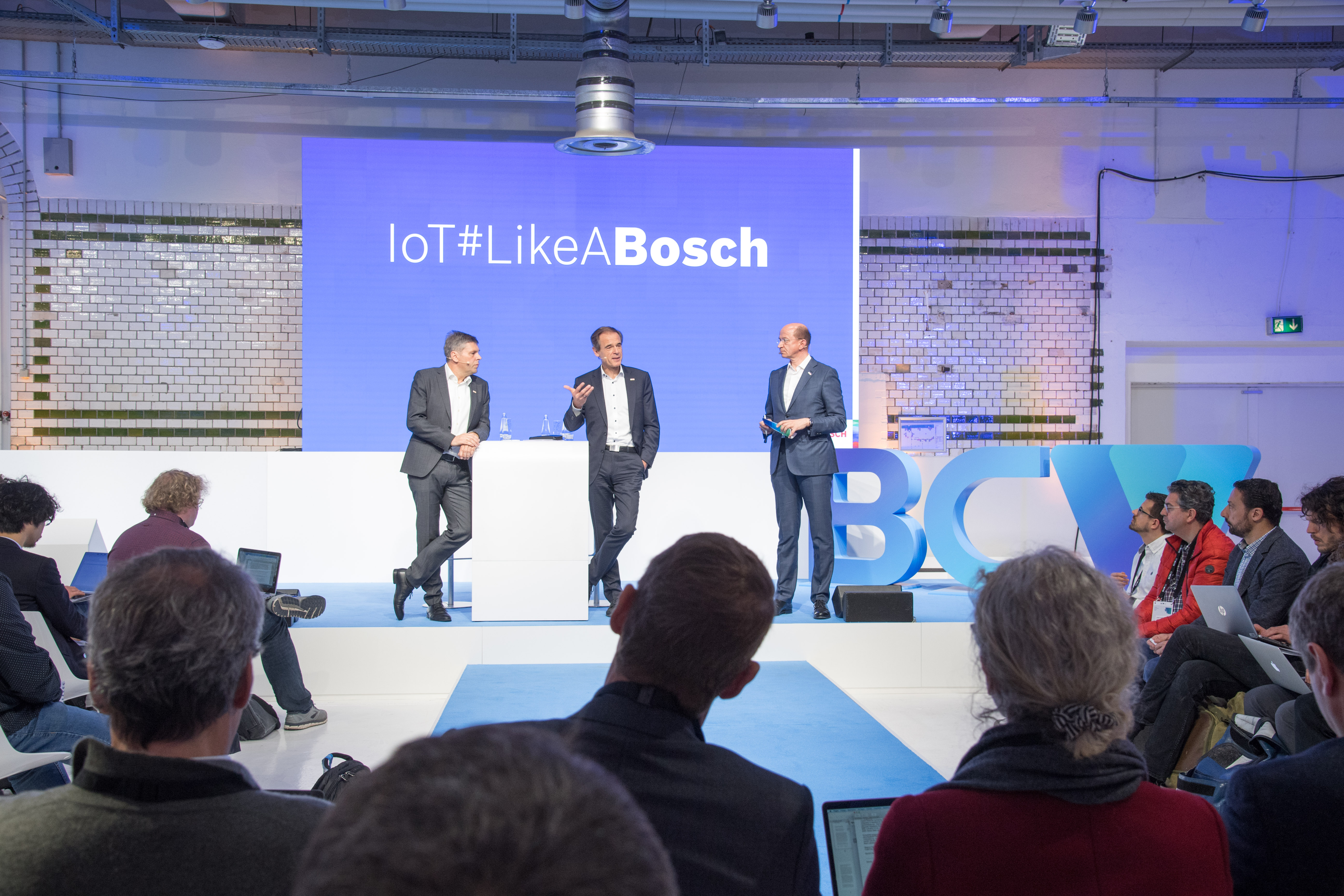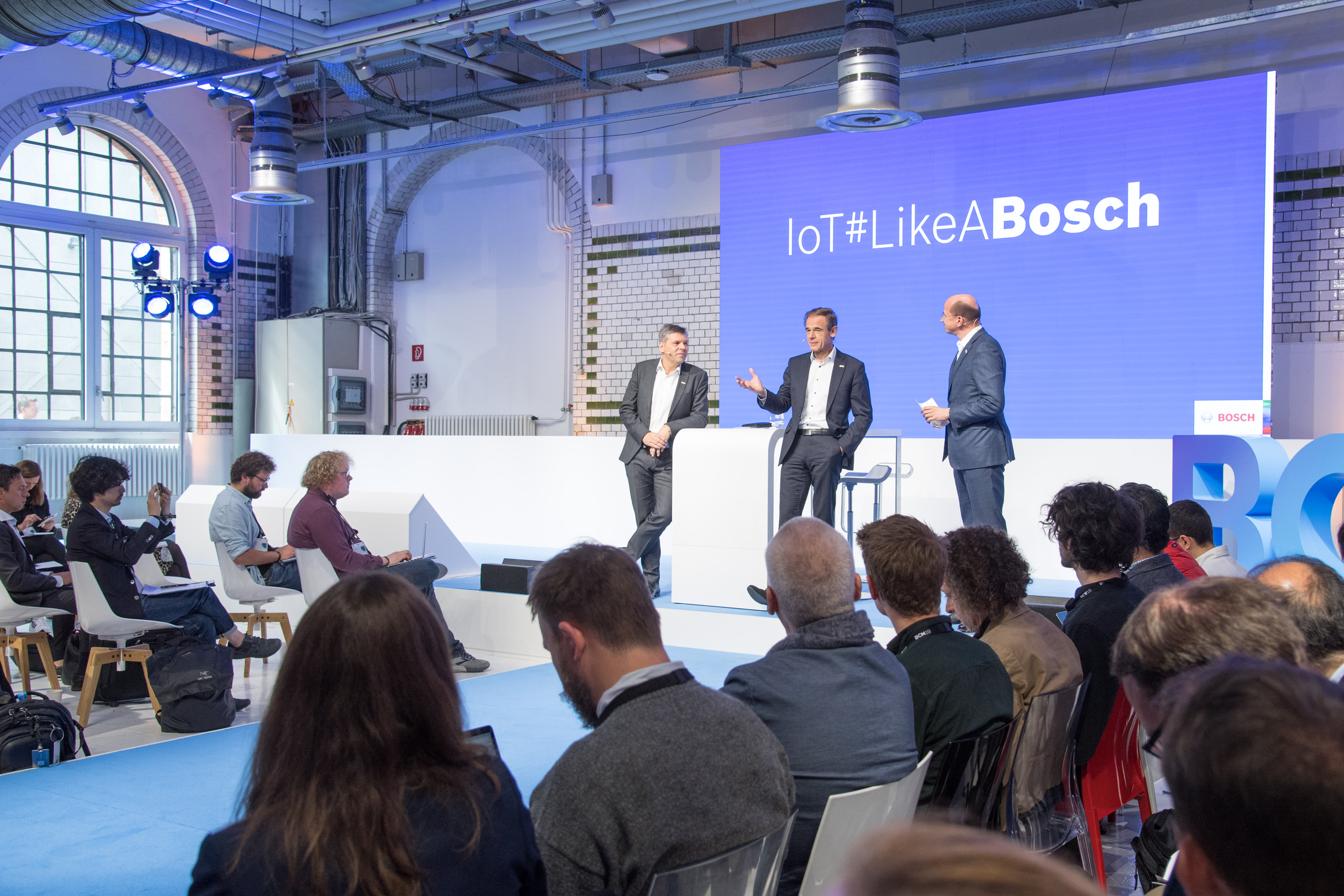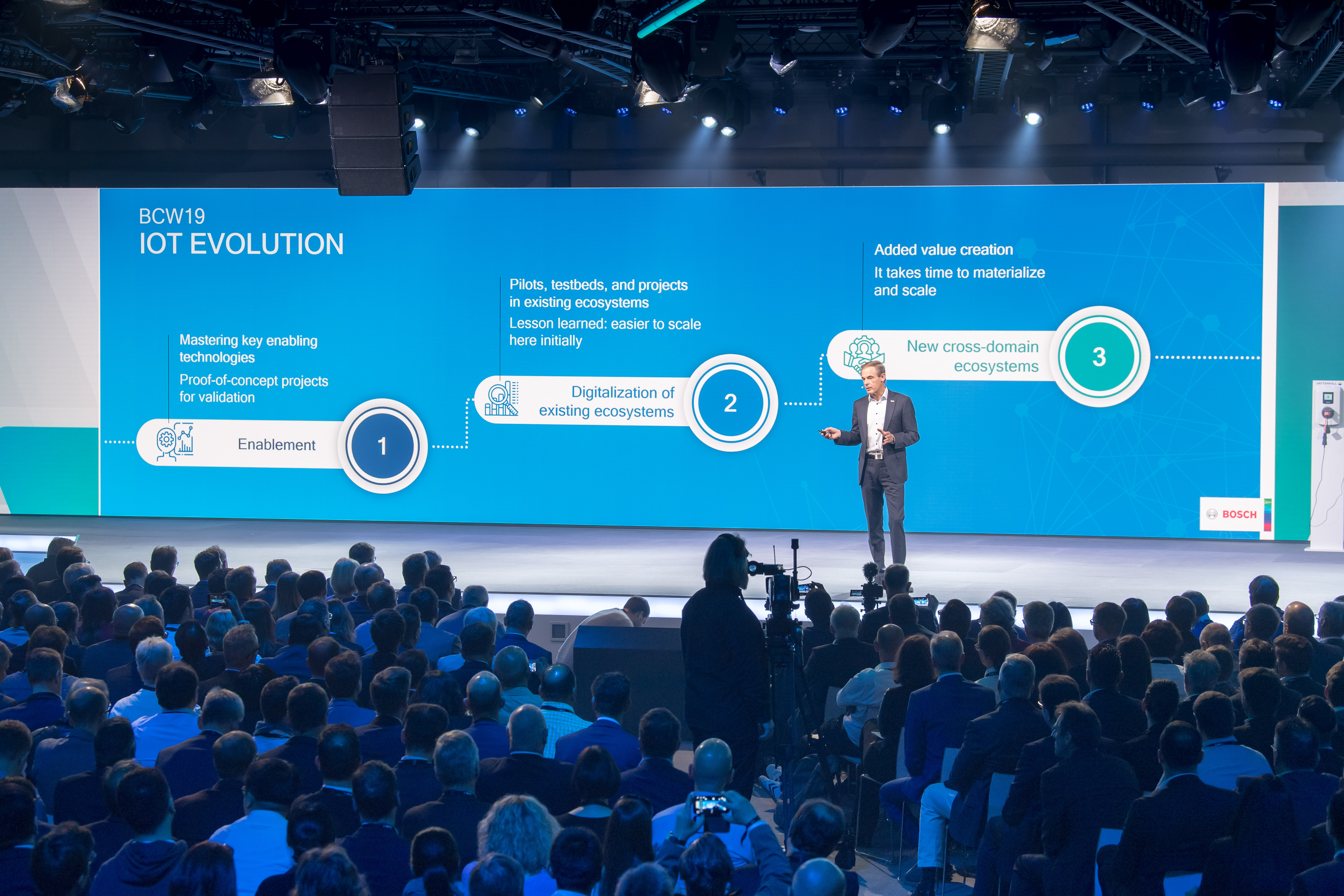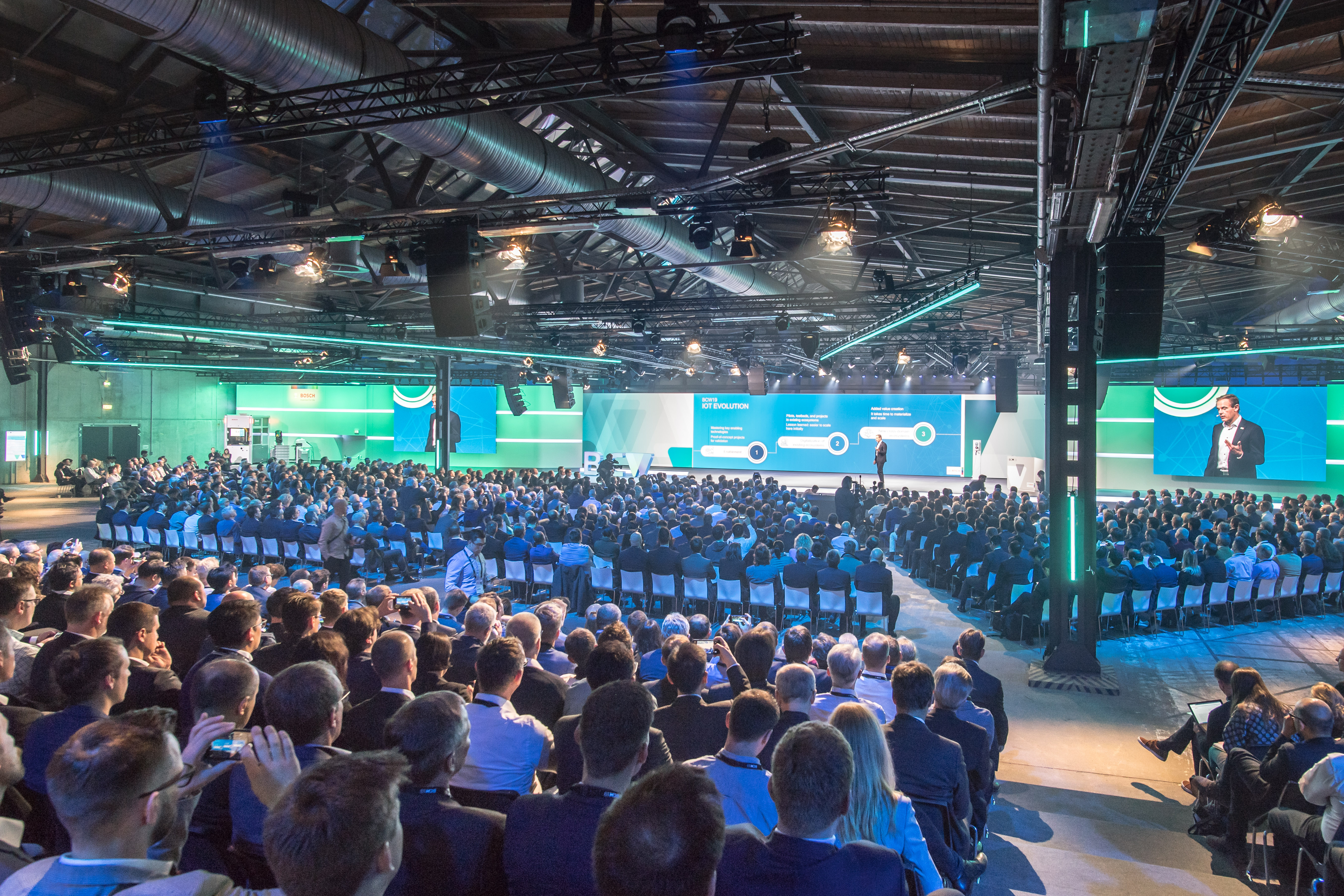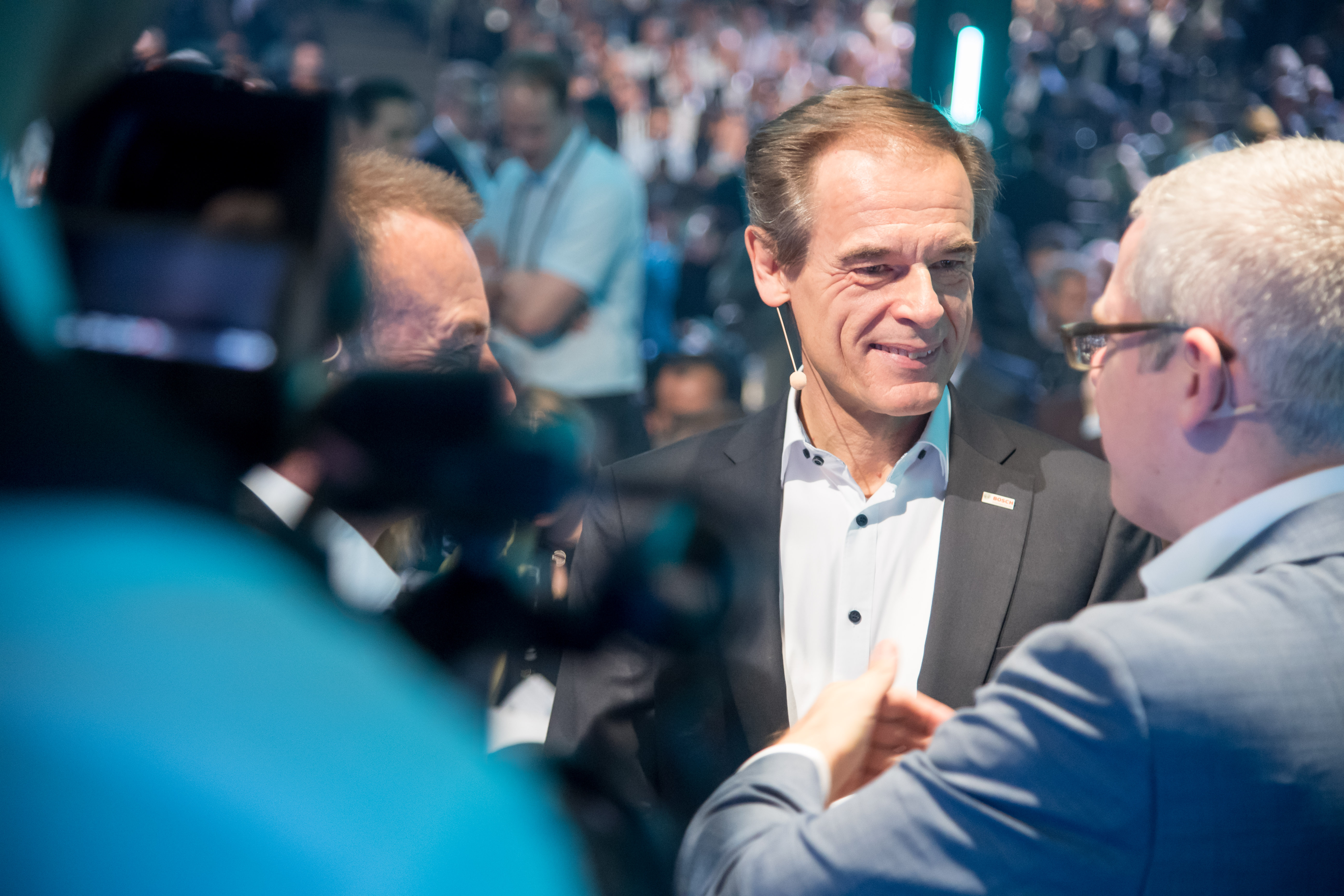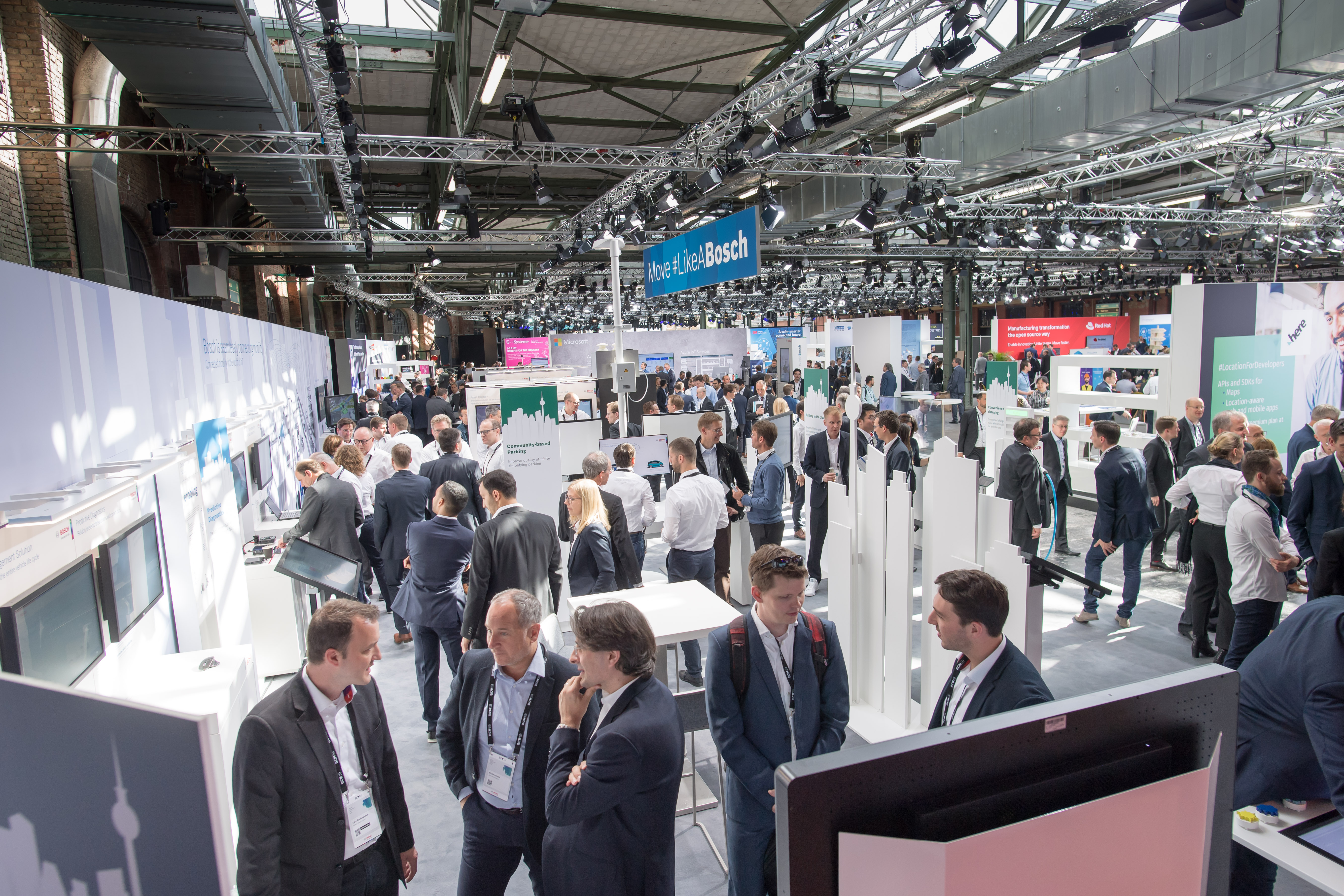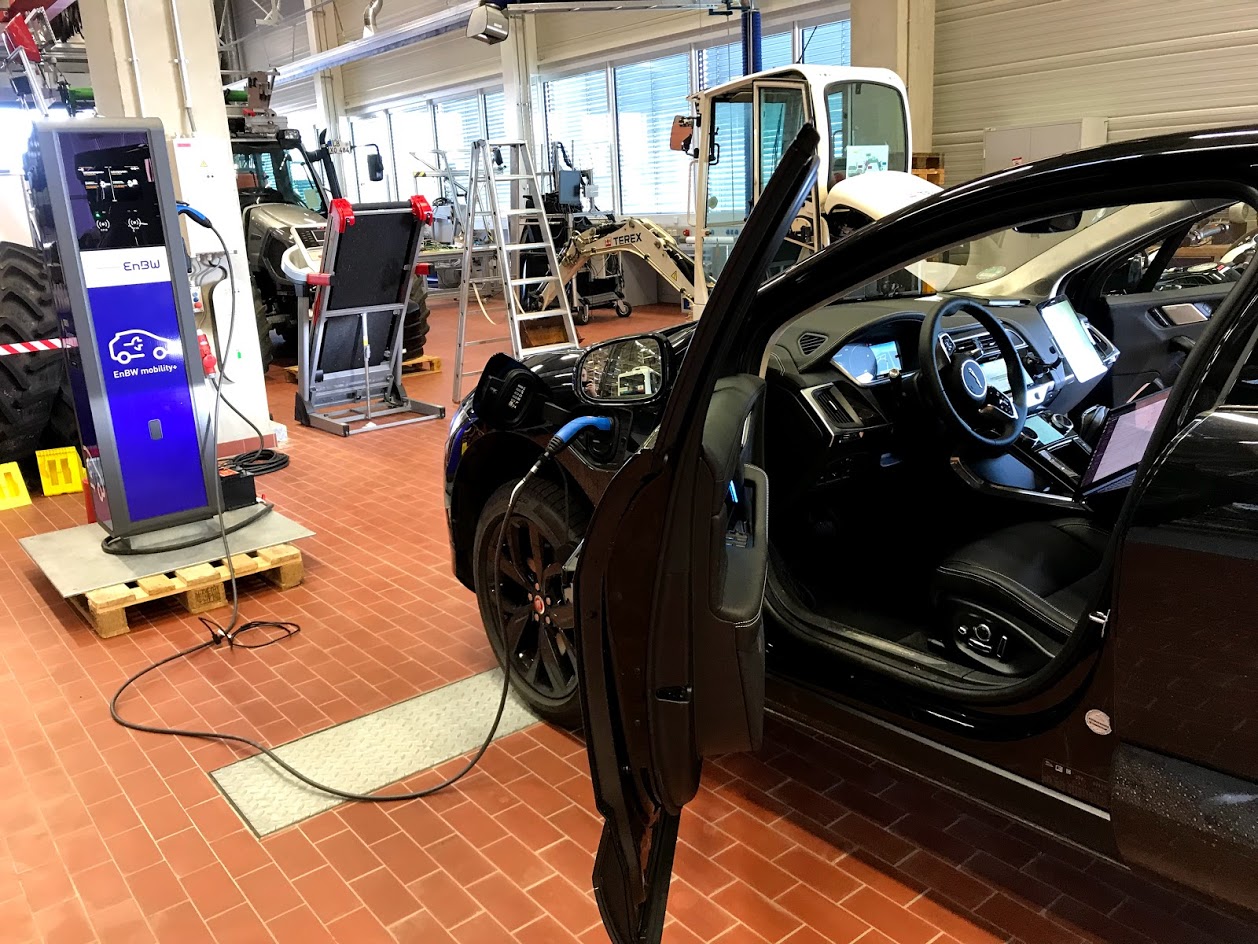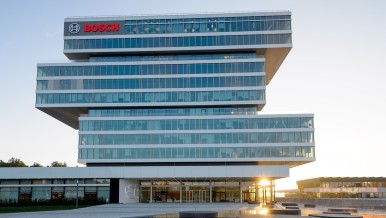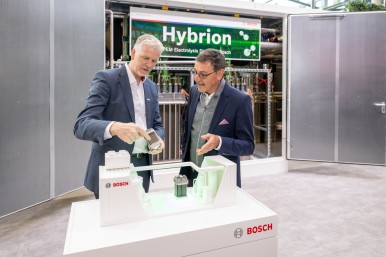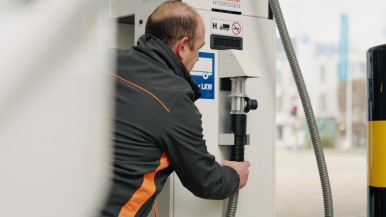Stuttgart and Berlin, Germany – Bosch has reached the next milestone on the road to becoming a leading global IoT supplier. The company’s first step was to give cars, machines, buildings, and other everyday objects connectivity – millions of times over. Bosch sold 52 million web-enabled products in 2018 alone, over a third more than in the previous year. Using its open-source-based Bosch IoT Suite, the company has already connected more than 10 million devices from various manufacturers. Bosch is now working with partners to enable these things to communicate and interact in secure ecosystems. The leading supplier of technology and services is offering a glimpse into the future of connected mobility, industry, and life at Bosch ConnectedWorld 2019 (BCW19) in Berlin, an industry gathering featuring the tagline “From the internet of things to the economy of things.” Distributed ledger technologies (DLT) such as blockchain may well become the key technology in these domains. “By merging the physical and digital realms, we are making people’s everyday lives easier,” said Bosch CEO Dr. Volkmar Denner at BCW19, where he addressed some 5,000 technology buffs from the political, business, scientific, and public arenas. “In the future, things will not just be connected in order to communicate, they will do business together.”
Contact persons for press inquiries:
| Joern Ebberg Telefon: +49 711 811-26223 Twitter: @joernebberg | Christiane Wild-Raidt Telefon: +49 711 811-6283 Twitter: @wildraidt |
Language versions:
Blockchain technology explained
Blockchain: Things with business models
About Bosch
The Bosch Group is a leading global supplier of technology and services. It employs roughly 417,900 associates worldwide (as of December 31, 2024). According to preliminary figures, the company generated sales of 90.5 billion euros in 2024. Its operations are divided into four business sectors: Mobility, Industrial Technology, Consumer Goods, and Energy and Building Technology. With its business activities, the company aims to use technology to help shape universal trends such as automation, electrification, digitalization, connectivity, and an orientation to sustainability. In this context, Bosch’s broad diversification across regions and industries strengthens its innovativeness and robustness. Bosch uses its proven expertise in sensor technology, software, and services to offer customers cross-domain solutions from a single source. It also applies its expertise in connectivity and artificial intelligence in order to develop and manufacture user-friendly, sustainable products. With technology that is “Invented for life,” Bosch wants to help improve quality of life and conserve natural resources. The Bosch Group comprises Robert Bosch GmbH and its roughly 470 subsidiary and regional companies in over 60 countries. Including sales and service partners, Bosch’s global manufacturing, engineering, and sales network covers nearly every country in the world. Bosch’s innovative strength is key to the company’s further development. At 136 locations across the globe, Bosch employs some 86,900 associates in research and development, of which nearly 48,000 are software engineers.
The company was set up in Stuttgart in 1886 by Robert Bosch (1861–1942) as “Workshop for Precision Mechanics and Electrical Engineering.” The special ownership structure of Robert Bosch GmbH guarantees the entrepreneurial freedom of the Bosch Group, making it possible for the company to plan over the long term and to undertake significant upfront investments in the safeguarding of its future. Ninety-four percent of the share capital of Robert Bosch GmbH is held by Robert Bosch Stiftung GmbH, a charitable foundation. The remaining shares are held by Robert Bosch GmbH and by a corporation owned by the Bosch family. The majority of voting rights are held by Robert Bosch Industrietreuhand KG. It is entrusted with the task of safeguarding the company’s long-term existence and in particular its financial independence – in line with the mission handed down in the will of the company’s founder, Robert Bosch.
Additional information is available online at www.bosch.com, www.iot.bosch.com, www.bosch-press.com.

